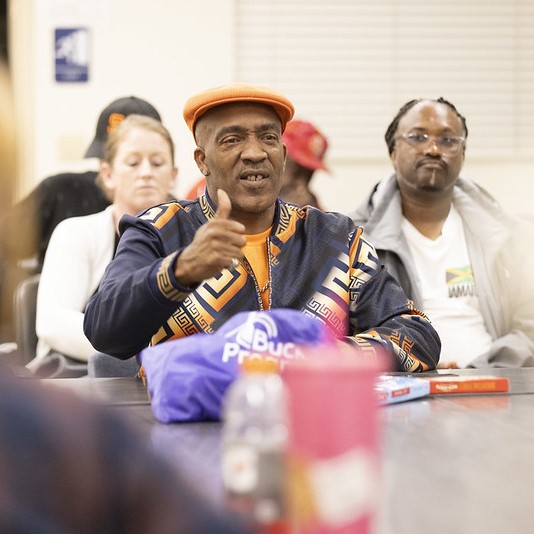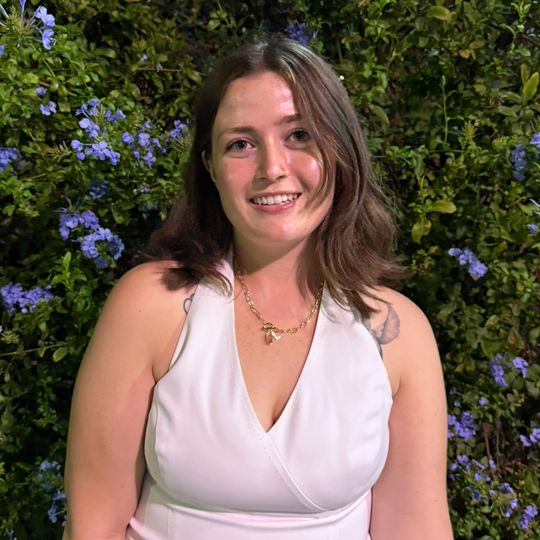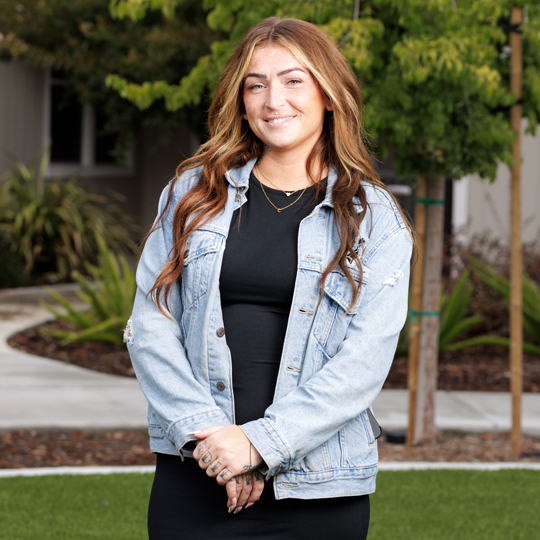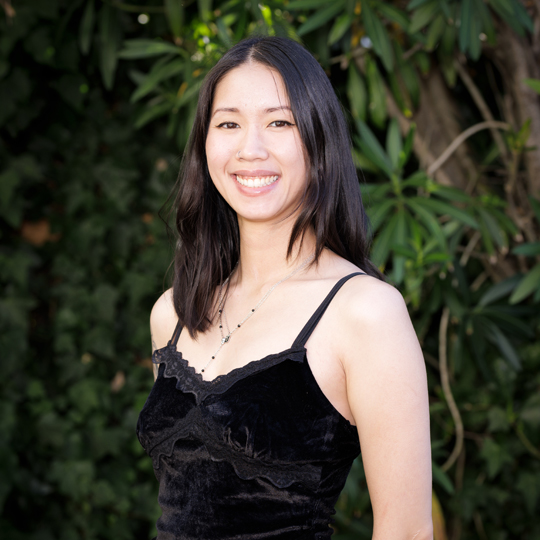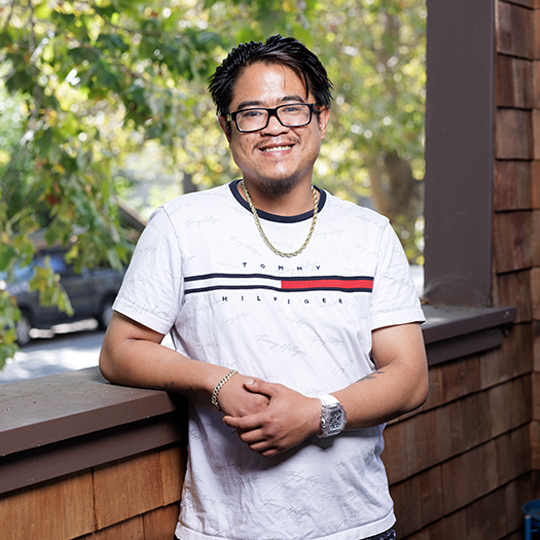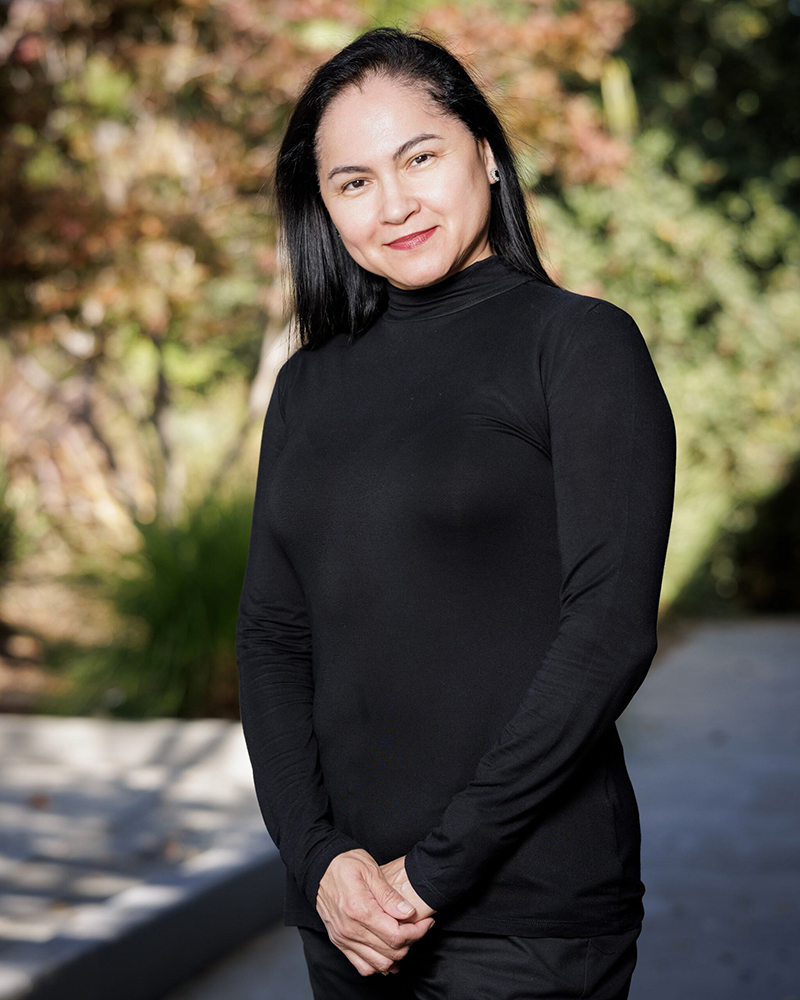
Elsa Rubenstein’s path to becoming a bilingual therapist is rooted in her personal experiences of trauma and resilience. Born in war-torn El Salvador, she was just 13 when her family fled the violence of civil war for the United States. A traumatic event shaped their escape when soldiers stormed the family home, demanding money.
“Men dressed in soldier uniforms burst into our home with submachine guns. They took my father to the back of the house and grabbed my sister and me, threatening to kill our father and take us girls away if my mother didn’t give them money,” Elsa recalls.
The fear and uncertainty of that night, along with the challenges of adjusting to a new culture in Los Angeles, had a lasting impact that would later influence her work as a therapist. However, her path began in the courtrooms of Sonoma and Napa counties, where she spent over a decade working as an interpreter. This role offered a unique window into the emotional challenges faced by the Spanish-speaking community while navigating the criminal and family court systems. Many of her cases involved domestic violence.
“Many clients, especially women, would open up to me about their problems because they didn’t trust the English-speaking therapists due to cultural misunderstandings or language barriers,” she says. “That lack of trust and cultural connection made it hard for the clients to get the help they needed.”
Today, Elsa is a bilingual Associate Marriage and Family Therapist for Buckelew’s Counseling program. Fluent in Spanish and English, she bridges cultural and language gaps, helping clients who often face barriers to accessing mental healthcare.
“There’s a great need for Spanish-speaking therapists in the North Bay,” she explains. “There are very few bilingual resources for women when it comes to trauma support. I’m proud to be part of a team that’s working to change that, one step at a time.”
Elsa is committed to helping her clients feel understood and empowered in their healing journeys. She educates them on how trauma affects both the brain and body, emphasizing the importance of processing it. “If we don’t talk about it, if we don’t process it, the trauma doesn’t just go away,” she says. “Anxiety, depression, and even somatic problems like back pain or headaches can stem from untreated trauma.”
In addition to providing individual therapy, Elsa also leads Mariposa, a support group for Spanish-speaking women experiencing postpartum mental health challenges. This initiative, made possible by a generous grant from the Lindskog Foundation, was inspired by Elsa’s time as a court interpreter.
“There were so few resources for these women,” she recalls. “While the perpetrators were getting therapy and rehabilitation, the victims were left with little to no support to process their trauma.”
Group therapy offers women a chance to find solidarity while learning to process their experiences and learn coping skills. “They’ll realize they’re not alone,” Elsa says. “Many feel isolated—without extended family, limited English, or feel shame for staying in an abusive relationship.”
For Elsa, her work at Buckelew is about more than just counseling—it’s about overcoming barriers, offering hope, and providing a lifeline to women who often feel invisible.
